Taiwan President William Lai steering Taiwan away from ‘China’
Academic Ngeow Chow Bing notes that judging by Taiwan President William Lai’s inauguration speech, Lai appears to be a more committed leader in steering Taiwan away from not just Beijing and the People’s Republic of China, but the whole notion of “China”. Beijing will find Lai an even tougher and more determined opponent compared with Taiwan’s previous president.
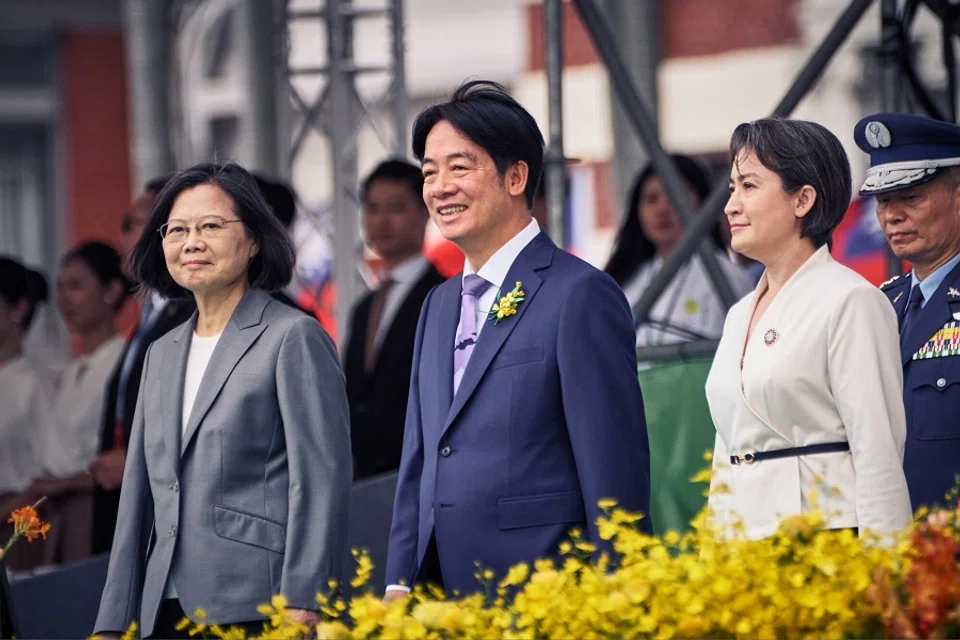
On 20 May, the Democratic Progressive Party (DPP)’s William Lai, who defeated the presidential nominees of the Kuomintang Party and the Taiwan People’s Party in the elections in January 2024, was sworn in as the 16th-term president of the Republic of China (ROC)/Taiwan.
Like his predecessors, Lai’s inauguration speech was closely watched and scrutinised by his counterpart in China and also by governments in the region and beyond, particularly those with high stakes in the peace and stability across the Taiwan Strait.
Since 1996 when political reforms allowed for the direct election of the presidential office, there have been eight inauguration speeches delivered respectively by Lee Teng-hui (1996), Chen Shui-bian (2000, 2004), Ma Ying-jeou (2008, 2012), Tsai Ing-wen (2016, 2020) and Lai Ching-te (2024). Presidential inauguration speeches are seen as important statements establishing the policy directions and intentions of the administrations for the coming years.
Removing ambiguity
While these speeches certainly go beyond just the foreign and defence policy dimensions, for most foreign watchers, how these speeches address cross-strait relations and the future of Taiwan provides indications of likely developments of geopolitics surrounding the Taiwan Strait in the coming years.
Lai’s speech stands out compared with the speeches of his predecessors. This is a speech that is the most determined in carving out Taiwan’s own path away from China, the boldest in asserting its differences with Beijing, and arguably the least friendly and the most adversarial towards the regime across the Taiwan Strait, the People’s Republic of China (PRC). The speech also pushes Taiwan’s solidarity with the democratic world and its relationship with the US to new heights. Even when compared with the speeches of Lai’s DPP predecessors, his address stands out for its remarkable intensity and resolve in fortifying a distinct sense of Taiwan identity that is different from China.
All these terms suggested that “China” was not yet viewed as a completely separate country, but Lai’s direct reference of China as “China” has removed this ambiguity in the clearest possible way.
The first notable feature in Lai’s speech is how he addressed China. All his predecessors refrained from directly using the term “China” (zhongguo, 中国) when referring to China. Lee Teng-hui used “Chinese communists” (zhonggong, 中共), as was still common in the 1990s, while Chen Shui-bian referred to China as “Chinese communists”, “mainland China” (zhongguo dalu, 中国大陆) or “Beijing authorities” (Beijing dangju, 北京当局). The China-friendly Ma Ying-jeou used the most neutral terms “mainland” (dalu, 大陆) or “mainland China”. Tsai Ing-wen used “Beijing authorities” or simply “across the Strait” (dui’an, 对岸).
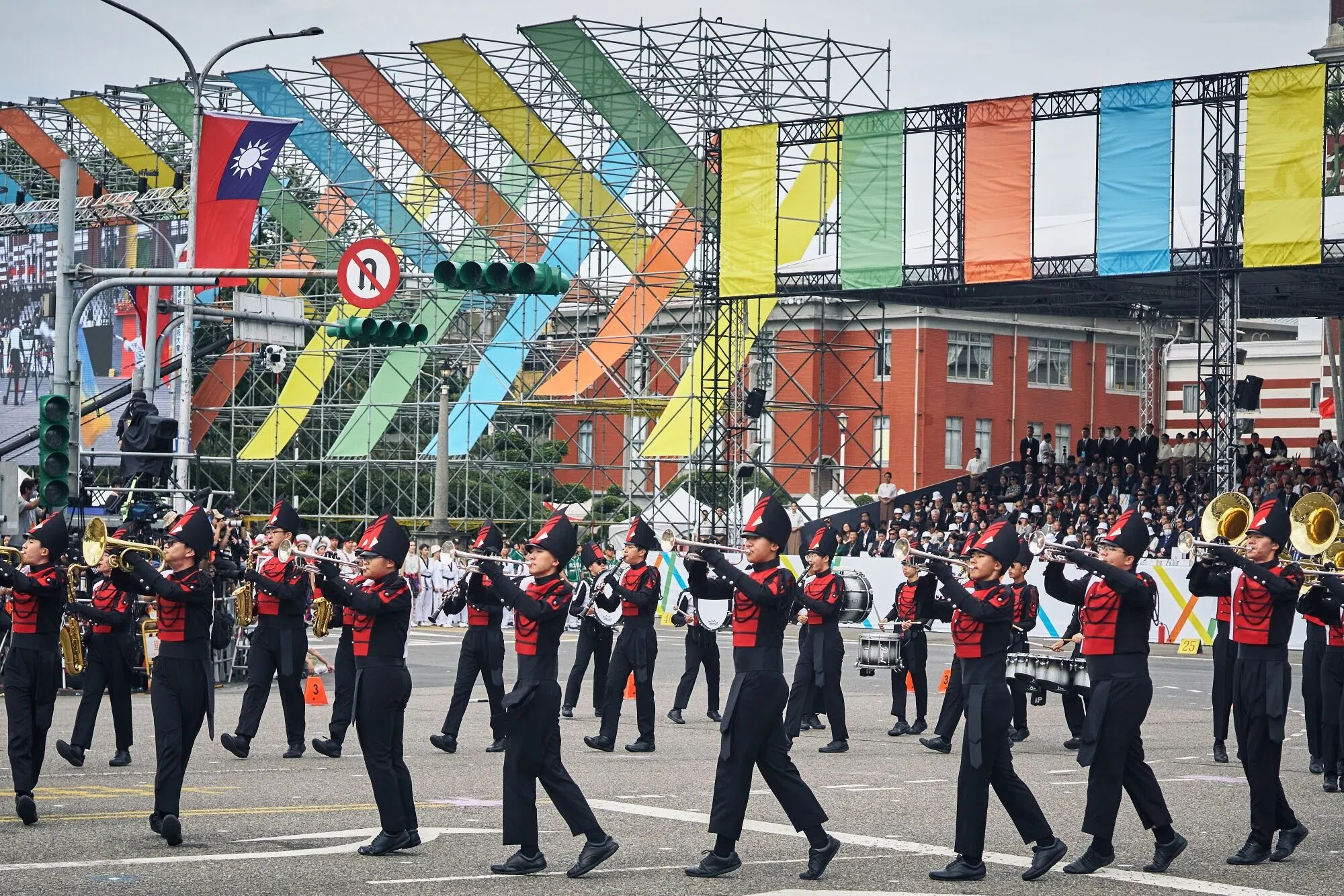
All these terms suggested that “China” was not yet viewed as a completely separate country, but Lai’s direct reference of China as “China” has removed this ambiguity in the clearest possible way.
Avoiding historical connections
Second, Lai’s speech does not evoke any historical and cultural connection and ties between the peoples of China and Taiwan. Lee Teng-hui, despite his reputation as a key pioneer in promoting a separate Taiwan identity, acknowledged Taiwan was part of China or the Chinese nation in his speech. Ma Ying-jeou unsurprisingly reinforced this point, saying that both the peoples of China and Taiwan share the same origin and belong to the same “Chinese nation” (zhonghua minzu 中华民族).
The DPP president Chen also did not shy away from mentioning this historical background. Both his 2000 and 2004 speeches, for example, mentioned that “the people from two sides of the Strait share the same familial, cultural and historical background.” Chen even expressed his sympathy for the suffering of China during the era of foreign imperialism and emphasised that Taiwan shared similar pain. He stated that despite diverging paths due to historical circumstances, these shared experiences could be a basis for mutual understanding and the pursuit of freedom and democracy.
In this historical interpretation, China was either irrelevant or a negative factor (the Kuomintang dictatorship that originated from China).
In contrast, Tsai’s speeches no longer mentioned either historical or cultural connections, but she did acknowledge the historical facts of cross-straits exchanges and the achievements of such exchanges in the decades before her presidency. Lai’s speech has further removed any mention of such background, as if the peoples of China and Taiwan did not have any connection in the decades or centuries before.
The historical narrative in Lai’s speech touched upon the “dark era” of dictatorship since 1949 and the democratisation and assertion of independent sovereignty in 1996, and towards the end of the speech, he mentioned Taiwan’s global maritime journey beginning in the 1600s. In this historical interpretation, China was either irrelevant or a negative factor (the Kuomintang dictatorship that originated from China).
China and Taiwan as separate entities
Third, Lai’s speech is the most unequivocal in asserting China and Taiwan belong to two separate entities. Both Lee and Ma emphasised the constitutional ROC framework and interpreted “one China” as referring to the ROC but acknowledged a separate government is governing the mainland area while the Taiwan area is under the ROC government.
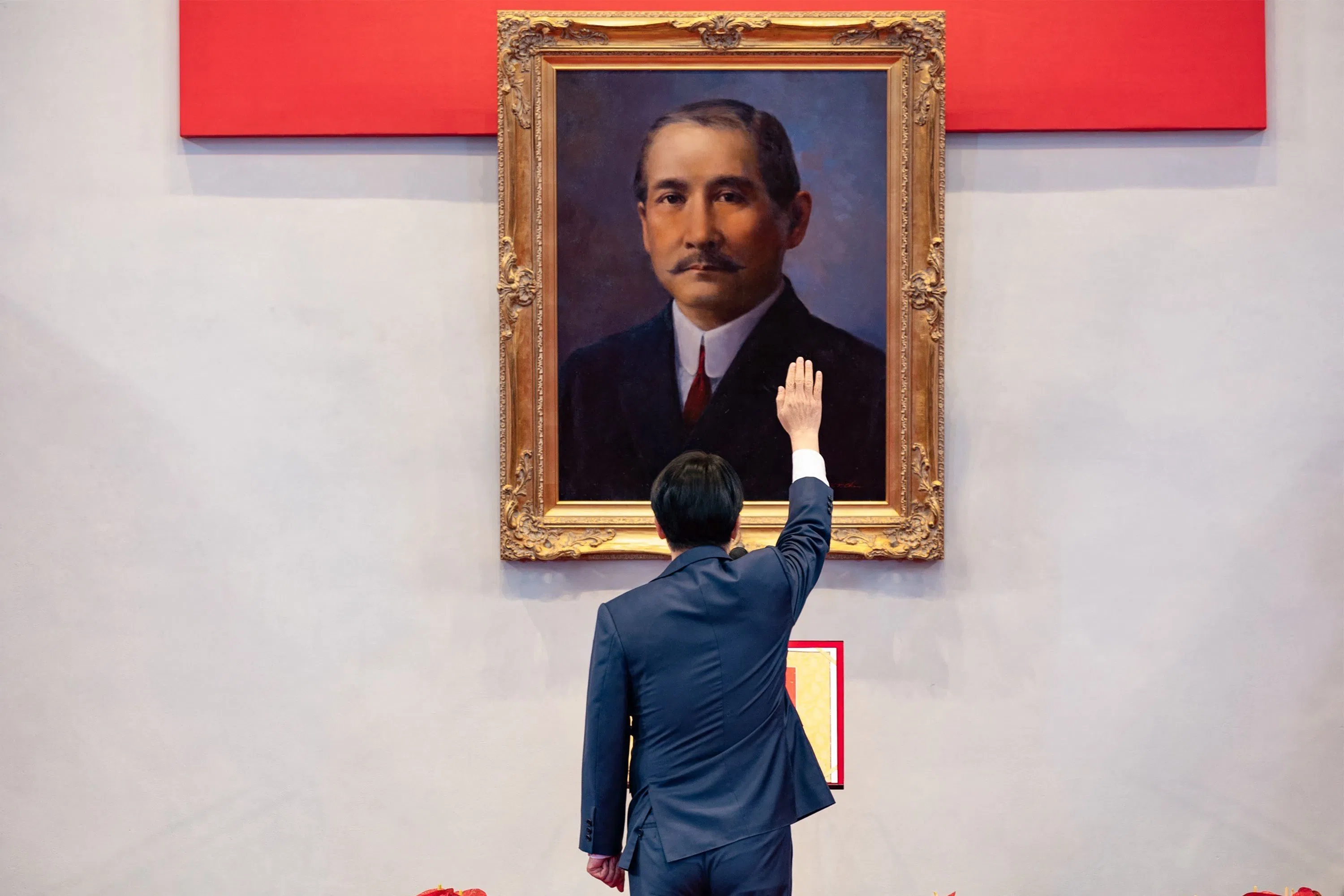
Both mentioned the ROC frequently in their speeches, and defined Taiwan’s relations with the ROC as “the development of the ROC constitution on Taiwan” or “the rebirth of the ROC on Taiwan.” Ma in particular acknowledged the “1992 consensus” and defined cross-straits relations as “mutual non-recognition of sovereignty, mutual non-denial of jurisdiction”.
Chen in 2000 promised to adhere to the ROC constitution and the “five nos” (no declaration of independence, no change in the official title of the country, no “state- to-state” description in the Constitution, no referendum to change the status quo, and no abolition of the National Unification Council nor the Guidelines for National Unification). Chen in fact referred to the term “ROC” quite frequently in his speeches and was open about strengthening cross-straits relations.
Tsai mentioned the term “ROC” much less frequently and started to use the term “ROC Taiwan”. She refused to acknowledge the existence of the “1992 consensus”, but insisted that she would manage cross-strait relations in accordance with the ROC constitution and the Act Governing Relations between the People of the Taiwan Area and the Mainland Area. The mentioning of the ROC constitution and the Act was an implicit and indirect reference to the special situation concerning relations between China and Taiwan and was not to be seen straightforwardly as relations between two sovereign states.
Lai’s 2024 speech, however, mentions the PRC in the context of forcefully stating that both sides do not belong to each other and Taiwan has to protect its sovereignty against the PRC.
Lai’s speech however has gone further than Tsai’s. His speech mentions the term “ROC” only in the context of asserting Taiwan’s own sovereignty and uses the juxtaposed term “ROC Taiwan” or just “Taiwan” much more frequently. Lai is much more explicit in subsuming the ROC within the umbrella of Taiwan rather than the other way round.
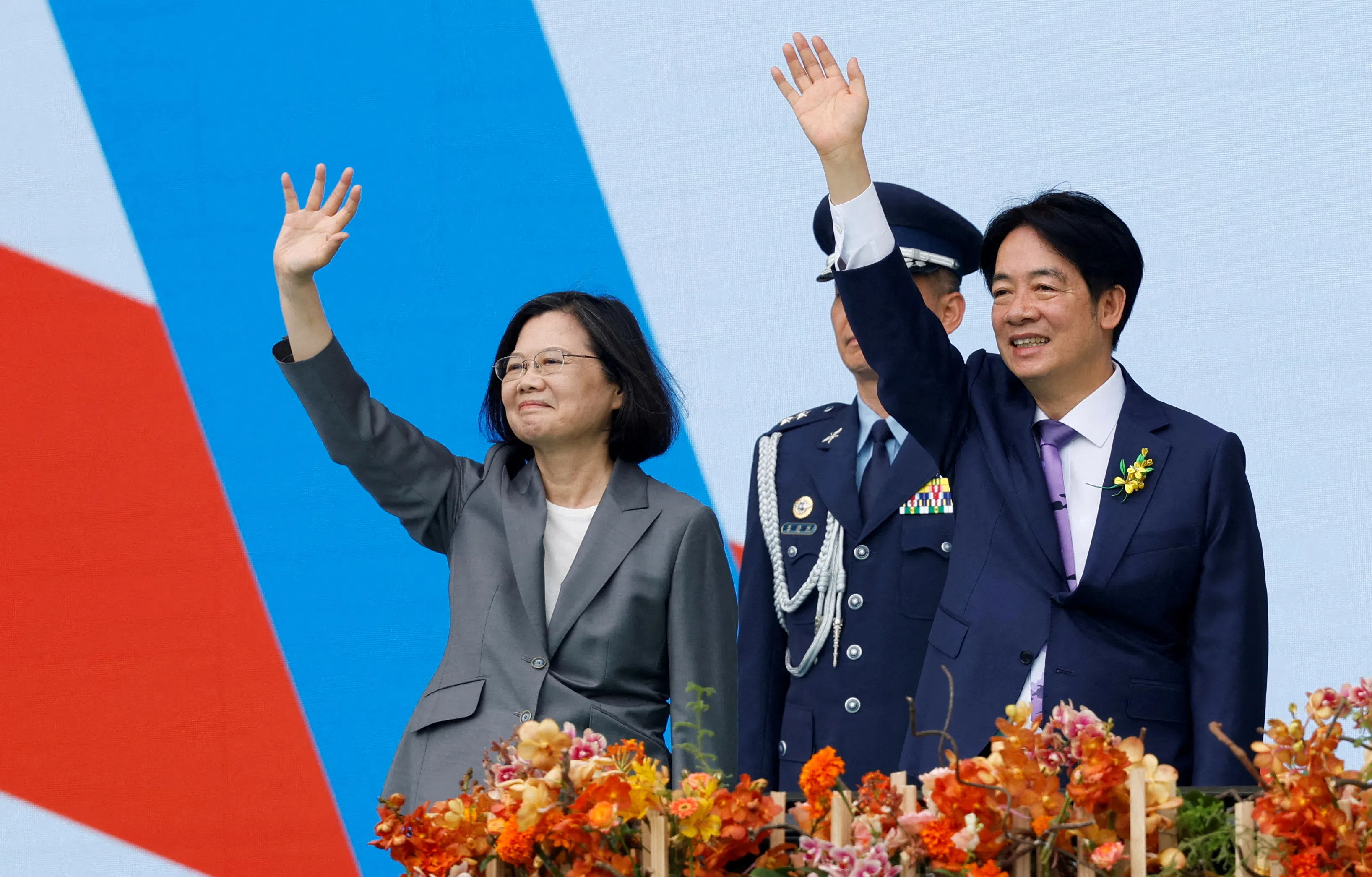
The term “People’s Republic of China” was only mentioned once in the presidential inauguration speeches prior to Lai and that was in the 2004 speech by Chen, where Chen said that the future determination of the relations between the ROC and the PRC would be subject to the agreement of the Taiwan people, indicating Chen would find unification even acceptable if it had “the agreement of the Taiwan people”. Lai’s 2024 speech, however, mentions the PRC in the context of forcefully stating that both sides do not belong to each other and Taiwan has to protect its sovereignty against the PRC.
Taiwan as the ‘MVP’ of democracy
Fourth, while the values of freedom and democracy were emphasised by all previous presidential speeches, Lai’s speech stands out in both the frequency and intensity in identifying with these values and forging values-based partnerships in the world. Lai has clearly sought to align Taiwan much more closely with the “democratic peace community”. He praises Taiwan as the “MVP” of democracy and will engage in foreign relations, including economic relations accordingly.
As stated in the speech, Lai intends to pursue economic agreements with democratic countries, and make Taiwan the centre of “democratic supply chains”. This is very much in line with the calls for decoupling, de-risking or establishing resilient supply chains away from China that are popular in Washington. The New Southern Policy, a key foreign policy initiative of Tsai, is absent in Lai’s speech, indicating that Lai’s foreign policy will be much more focused on building ties with the US and the democratic powers in the developed world, and less on the Southeast Asian region.
Tougher and more determined opponent to Beijing
Fifth, there is practically very little “good intention” (shanyi, 善意) contained in Lai’s speech towards China. Chen Shui-bian included passages of increasing cross-strait exchanges in his speeches. Tsai Ing-wen did not mention much about such exchanges, but she steered away from directly criticising China.
Beijing will find Lai an even tougher and more determined opponent compared with Tsai.
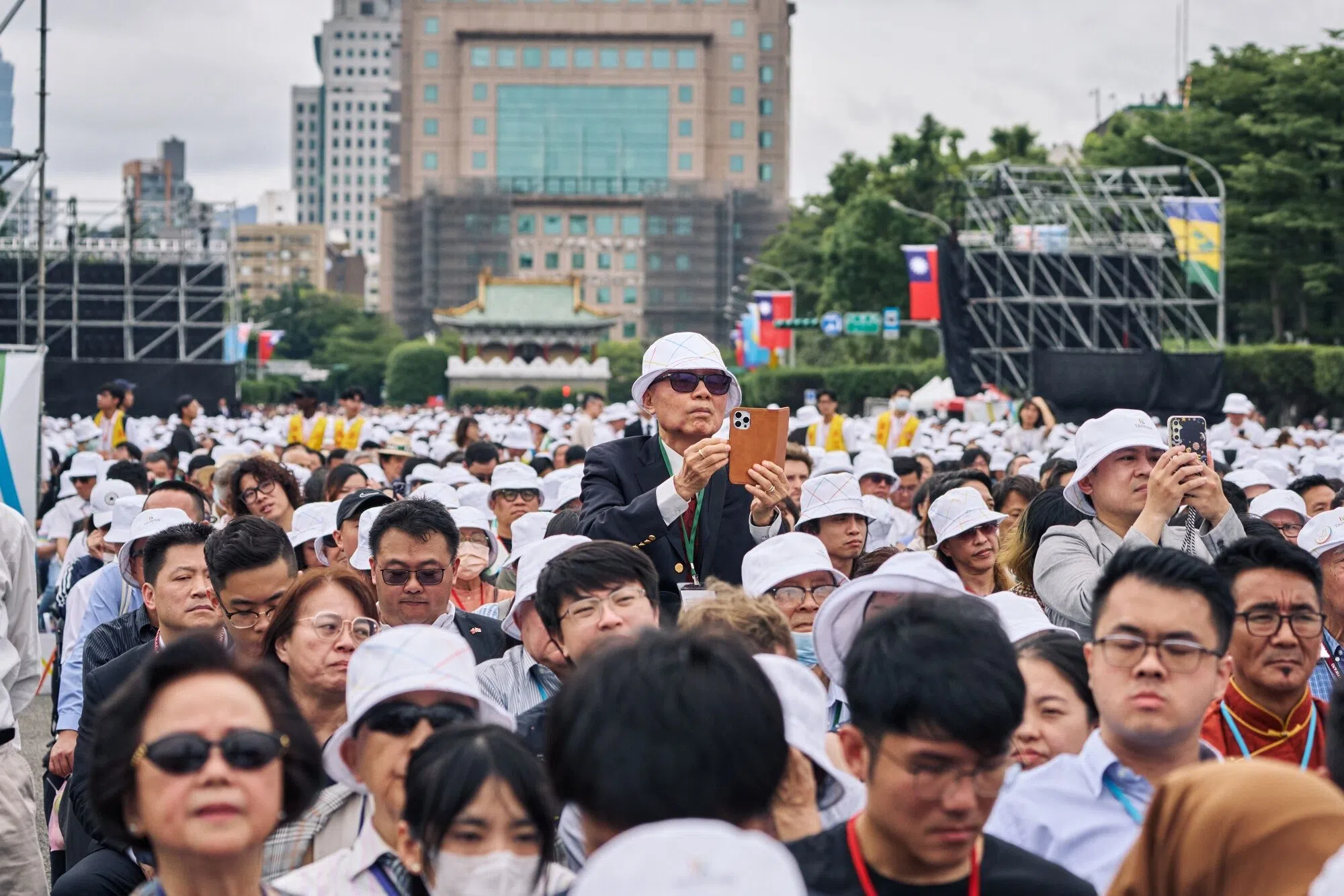
Lai’s speech pointedly digs China for its “autocratic way of pandemic control” and describes China’s military actions and grey zone tactics as a constant menace to global peace and stability and is bent on absorbing Taiwan. Although Lai’s speech also mentions the restarting of cross-strait tourism and student exchanges and the maintenance of the status quo, the overall message on cross-strait relations in the speech is remarkably adversarial. The tone of the speech, when it comes to China, suggests that Lai does not actually seem to care much about China at all, other than it being the most acute source of security threat to Taiwan.
How much cross-strait relations have deteriorated in the past several years is well reflected in this speech. To be clear, Beijing also has significant responsibility for causing this deterioration. Unfortunately, this deterioration will most likely continue and even intensify in the coming years.
Lai of course comes into power with a reputation of being a firm believer in the cause of Taiwan independence, but he has also described himself as pragmatic. Nonetheless, judging by this speech, and by comparison, it appears that Tsai is more pragmatic and Lai a more committed leader to steer Taiwan away from not just Beijing and the PRC, but the whole notion of “China”. Beijing will find Lai an even tougher and more determined opponent compared with Tsai.





